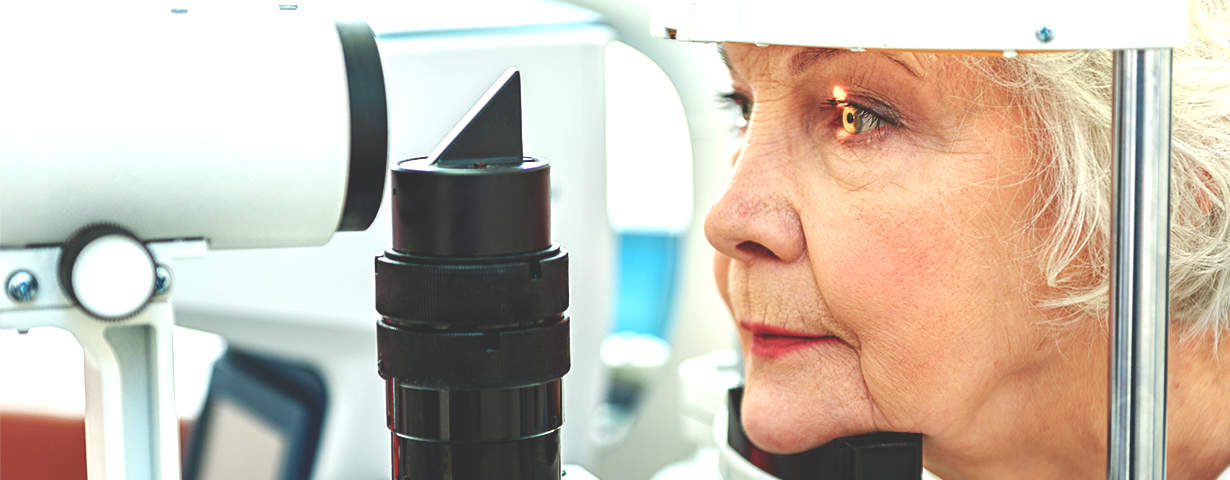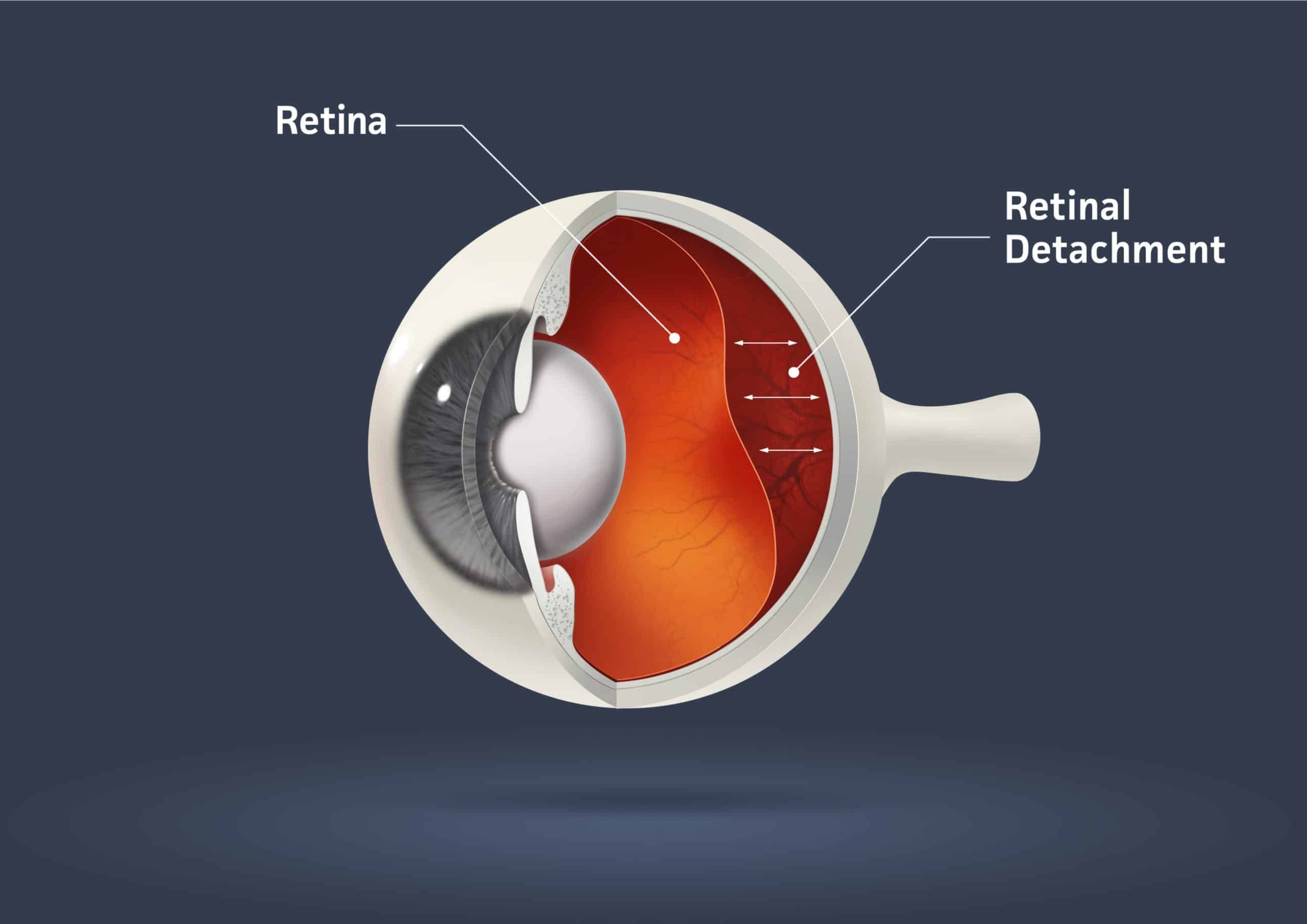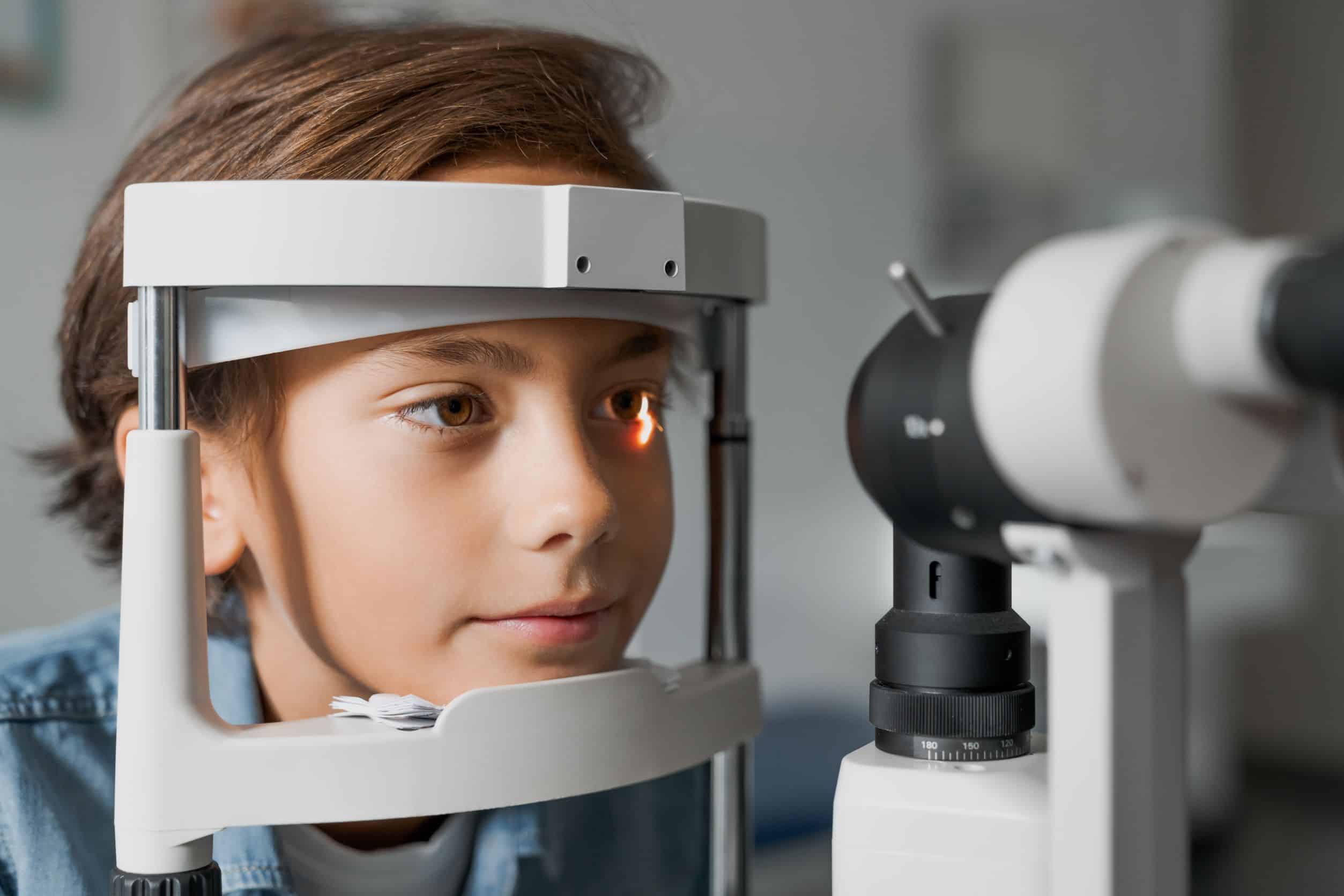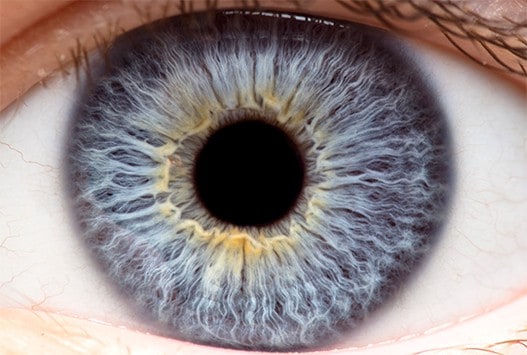Can You Prevent Retinal Detachment?
Retinal detachment affects approximately one in 300 people at some point in their lifetime. Given that retinal detachment can cause blindness, it is understandable that people are curious what they can do to prevent this serious condition.
Unfortunately, there is no way to prevent retinal detachment, per se. However, the team of doctors at Mittleman Eye have compiled the following information so that you know what steps you should take to prevent retinal detachment from robbing you of your vision.
What Is Retinal Detachment?
The retina is the lining along the back of the eye that senses light and sends messages to the brain to enable sight. Retinal detachment occurs when the retina separates from the connective tissue. Once detached, the retina can no longer communicate with the brain, which causes significant vision problems like blindness.
Minimize Your Risks
“Preventing” retinal detachment may be out of the question, but there are certainly ways to minimize your risks. Since many retinal detachments are the result of a traumatic eye injury, avoiding potentially hazardous situations and wearing protective eyewear like goggles when playing sports and woodworking can help.
Beyond that, your best bet is to get regular eye examinations so that a professional can ensure your eye is in good health and there are no retinal tears that could turn into a full detachment. While retinal detachment can be treated, catching it early is of the utmost importance.
Know the Risk Factors
You may be more likely to have retinal detachment if the following factors apply to you:
- Have had an eye injury
- Are severely myopic (nearsighted)
- Have had a previous eye surgery
- Are over the age of 50
- Have other retinal conditions like diabetic retinopathy
If you fit in any of these categories, use that as extra incentive to undergo regular eye screenings.
Treatments
Any patient who is diagnosed with retinal detachment will have surgery scheduled as soon as possible. Your doctor will choose a surgery that seems best suited to your eye, with options including:
- Vitrectomy: The vitreous is removed from the eye and replaced with air, gas or silicone oil to flatten out the retina. Over time, the space vacated of the vitreous will refill with fluid.
- Scleral buckling: A piece of silicone is sewed to the sclera which relieves the tension caused by the vitreous pulling on the retina.
- Pneumatic retinopexy: Air bubbles are put into the vitreous to push the retina back against the wall of the eye.
Nearly nine out of 10 patients treated with these surgeries will have successful outcomes. Some patients may need a combination of procedures or a repeat of a procedure to save their vision.
Schedule an Examination
While there may be no way to prevent retinal detachment, there is no reason to fear it either. It is worth the effort to schedule an eye examination once per year — or more often when a problem arises. Making an appointment at Mittleman Eye is easier than ever: call or text (561) 500-2020 or schedule an appointment online.





















